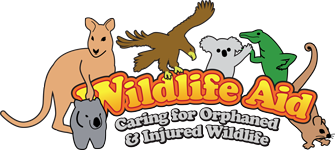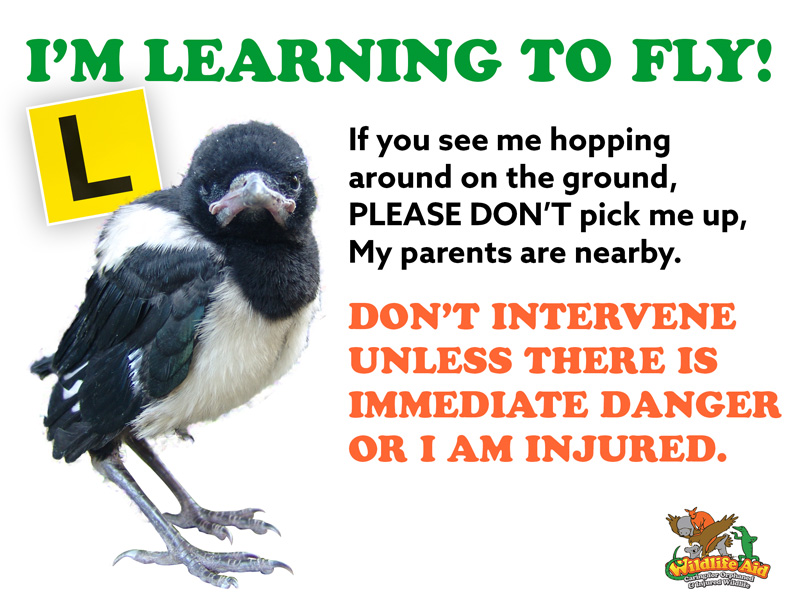If you have encountered an orphaned or injured Australian native animal there are some things you are able to do before you consider calling the Wildlife Aid hotline. Please remember that Wildlife Aid can only rescue animals within the Upper Hunter region of NSW.
Small animals and birds
- To reduce stress to the animal, keep domestic pets and children away.
- Throw a towel over the animal and quickly pick it up.
- Gently place in a well ventilated box and cover the box with a towel or blanket.
- If the animal is cold, put some warmth near, but not touching it. A bottle filled with hot water wrapped in a small towel will do.
- Do not provide heat for Echidnas or Reptiles,
- Oil covered animals should be placed in a cage or box with good ventilation so they are still able to breathe freely.
- Place the box in a warm, dark, quiet spot and do not disturb.
- Do not try to give food or water as the animal may be in shock,
- Call Wildlife Aid on 0429 850 089 or take it to a vet immediately.
Large animals and birds of prey
- Large animals and birds of prey are dangerous to approach and handle.
- To reduce stress to the animal, keep domestic pets and children away.
- Call Wildlife Aid on 0429 850 089.
- If possible keep track of the animal until a rescuer arrives.
Flying foxes and microbats
- Call Wildlife Aid 24/7 Hotline immediately 0429 850 089 if you see a sick, injured or orphaned flying-fox or bat please keep your distance, do not touch it or try to contain it. Flying-foxes & microbats can carry a virus that is very dangerous to humans if bitten, details from WIRES. Whilst very few are believed to carry the virus no risks should be taken. Flying-foxes are frequently rescued after being caught and injured in fruit netting or on barbed wire.
- Adult flying-foxes are also often electrocuted on power lines when they are carrying their young. We are regularly able to save the pups that are still alive and holding on to their dead mothers by working with the electrical companies to do these rescues. If you suspect a live pup may be present on the electricity line, call immediately. Please provide as much location information as possible including map reference, nearest cross streets, exact position of poles etc.
- If you ever find a flying-fox very low in bushes, or on the ground, it needs assessment as it may be sick or injured. If the flying-fox is on the ground and it’s a hot day, you can place a cool towel or umbrella over it until the rescuer arrives.
- The grey-headed flying-fox is listed as vulnerable to extinction and Wildlife Aid works closely with the community to ensure their protection and preservation.
Snakes DO NOT TOUCH
- Do not try to capture or kill the snake. Statistics show that this is the cause of over 90% of hospital admissions for snake bite in Australia
- Call Wildlife Aid on 0429 850 089 to have the snake removed.
- If possible and from a safe distance, have someone keep track of the snake’s location until a rescuer arrives.

